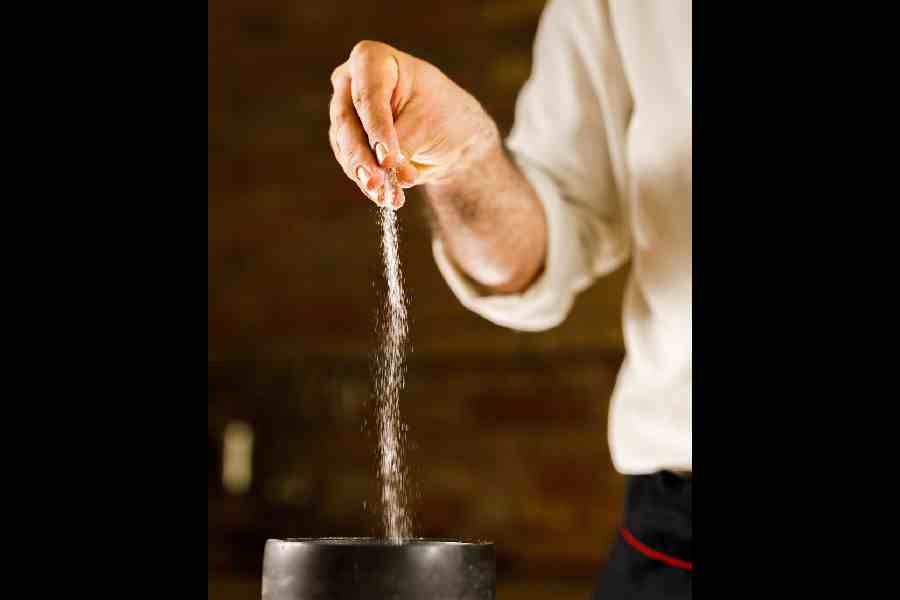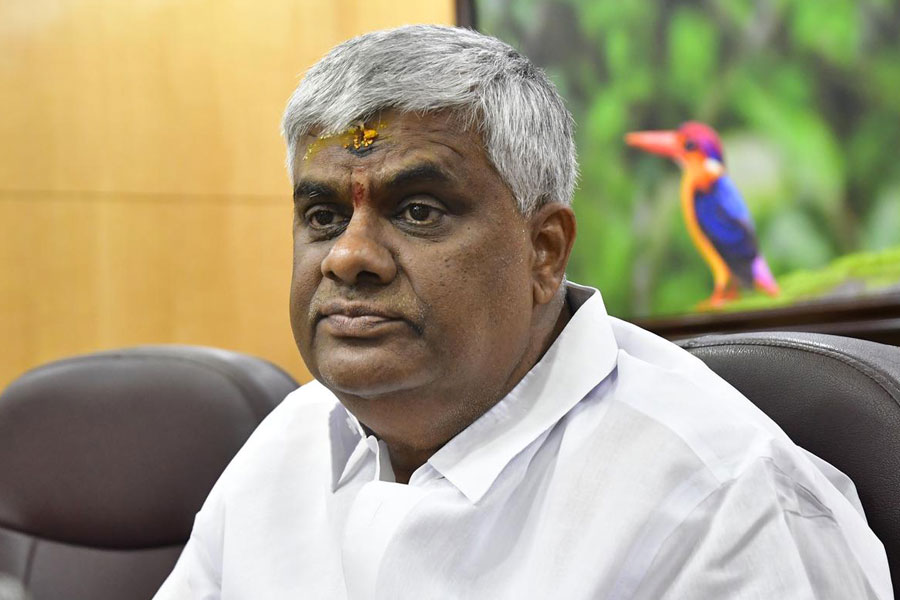Without sodium, you wouldn’t be able to survive. Nerves would fail to fire; muscles wouldn’t contract. But experts say that most people consume far too much of it, increasing their risk of high blood pressure and heart disease.
Does sodium affect health?
Scientific studies from the past 50 years or so have shown a clear pattern: “The more salt we eat, the higher our blood pressure goes,” said Cheryl Anderson, a professor of public health at the University of California, San Diego, US.
In a 2021 review of 85 clinical trials, for example, scientists looked at what happened to people’s blood pressure when they consumed 400 to 7,600 milligrams of sodium per day. As their consumption increased, the researchers reported, so did their blood pressure. The effect was strongest for people who already had high blood pressure, but the researchers also saw it in people who didn’t.
Managing your blood pressure is one of the most important things you can do to reduce your risk of developing heart disease or having a stroke, Anderson said. And researchers say that of all of the problems with our diets, sodium is the most harmful to global health: excessive salt consumption causes close to 2 million deaths each year, they estimate, mainly from cardiovascular disease.
So, how much is too much?
According to US dietary guidelines, adults should have no more than 2,300 milligrams — equivalent to about 1 teaspoon of table salt — per day. The World Health Organization and International Society of Hypertension have a slightly lower limit at no more than 2,000 milligrams per day. And the American Heart Association says that while no more than 2,300 milligrams per day is a good target to aim for, it’s even better to avoid going over 1,500 milligrams per day, especially if you already have high blood pressure.
These guidelines are based on the best available evidence concerning high blood pressure and heart disease, said Dr Frank Hu, a professor of nutrition and epidemiology at the Harvard T.H. Chan School of Public Health in the US.
But not all experts agree. In several studies published in the past decade or so, for instance, researchers reported that it was only people who consumed much more sodium — on the order of 5,000 milligrams per day — who had a greater risk of heart disease or earlier death. Those findings suggested that the sodium guidelines set by health organisations across the world were too strict, said
Dr Martin O’Donnell, who is a professor of neurovascular medicine at the University of Galway in Ireland.
This perspective garnered a lot of mainstream attention, said Dr Lawrence Appel, a professor of medicine at the Johns Hopkins University School of Medicine, US. But other researchers found serious flaws with the contradictory studies; the main issue being that they could not accurately measure how much sodium people consumed, he added.
The sodium debate illustrates many of the challenges of nutrition research, Dr Appel said. But the evidence to support reducing sodium consumption to the recommended levels is “pretty darn strong,” he said.
Do I need to cut back on sodium?
If you have high blood pressure, reducing your sodium consumption will most likely help lower it, said Dr Deepak K. Gupta, a cardiologist at Vanderbilt University Medical Center in Nashville, Tennessee, US. This has been shown in many studies, including a 2023 trial led by Dr Gupta, which suggested that, in most people, low-sodium diets reduced blood pressure about as well as a medication did.
But you shouldn’t wait until you have high blood pressure to think about sodium, said Alta Schutte, a professor of cardiovascular medicine at the George Institute for Global Health in Australia. Excess sodium throughout life can gradually damage blood vessels and eventually lead to high blood pressure. “It’s a cumulative effect,” Schutte said.
At the same time, these and other studies have shown that getting enough potassium may be just as important as cutting back on sodium, she said. Getting adequate potassium from your diet can reduce your risk of high blood pressure and heart disease, in part because potassium helps your kidneys remove extra sodium from your blood.
But some people should avoid consuming too much potassium. If you have kidney disease or are taking certain medications such as potassium-sparing diuretics, check with your doctor before increasing your consumption, Schutte said. And those who are prone to low levels of sodium in their blood may not want to adopt a low-sodium diet, she pointed out.
Am I consuming the right amount of it?
Vegetables, fruits, beans, nuts and dairy products are all rich sources of potassium, and eating more of these foods can boost your potassium while also probably reducing your sodium, Dr Hu said. Keep in mind, Dr O’Donnell said, that your overall eating pattern is much more important than any one particular ingredient.
NYTNS










